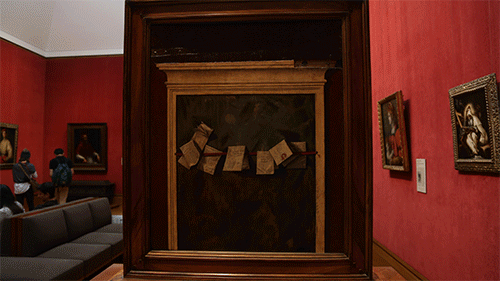Disputes about the relevance of the liberal arts to modern life have seeped into how we perceive people who choose to pursue them. It adds a sense of pity to our assumptions, or worse, artifice in our interactions. It’s always the patronizing cadences of “Ooh! How interesting!” or the half-sheepish expressions of our parents when they have to disclose the terrible news that their child wants to go into a financially unstable field, guaranteed to have a starving artist or megalomaniacal SJW on their hands.
Ironically enough, high-paying companies want liberal arts majors.
According to Harvard Business Review, employers “overwhelmingly endorse broad learning and cross cutting skills”. In other words, the very skillset that liberal arts students are equipped with. Liberal arts majors are taught to think critically and ethically, other important qualities that employers value and that contribute to long term career success.
The liberal arts demand creativity, resourcefulness, well-roundedness and empathy from its students. In a highly competitive global economy, characterized by increasing job automation, those uniquely human traits are more sought after than ever. This is exemplified by the fact that four out of five employers prefer candidates with a background in liberal arts.
Job market advantages aside, liberal arts degrees also deserve a more fundamental defense. Studying liberal arts forces you to evaluate and examine the world in a deeper and more compassionate way, and in a manner that challenges your previously held beliefs. It spurs you to think in systems, to ponder the heavy intellectual, ethical and philosophical questions that continue to underpin the world’s biggest hurdles. In any field, being grounded in a liberal arts education allows you to make connections between concepts, to directly apply and cross-apply knowledge, and to make decisions carefully and comprehensively.
So the next time we feel like indulging in a snide remark when we hear someone wants to go to a liberal arts college, maybe we ought to refrain. It’s time we reframe the way we react to the liberal arts. They not only benefit the world in themselves, but serve to complement the work of STEM professions. After all, science as we know it can’t exist without ethics, and technology wouldn’t be nearly as magnificent without the imagination that’s so inherent to the arts. We need artists, writers, creators and leaders the same way we need engineers, doctors and scientists. STEM and liberal arts fields share a special symbiotic relationship, each enhancing the other’s contributions.
At the very least, it’s time we reframe our prejudiced perspective towards it, and instead embrace how essential it is to the enrichment of our world.






 Energetic dance performance under the spotlight.
Energetic dance performance under the spotlight. Taylor Swift in a purple coat, captivating the crowd on stage.
Taylor Swift in a purple coat, captivating the crowd on stage. Taylor Swift shines on stage in a sparkling outfit and boots.
Taylor Swift shines on stage in a sparkling outfit and boots. Taylor Swift and Phoebe Bridgers sharing a joyful duet on stage.
Taylor Swift and Phoebe Bridgers sharing a joyful duet on stage.













